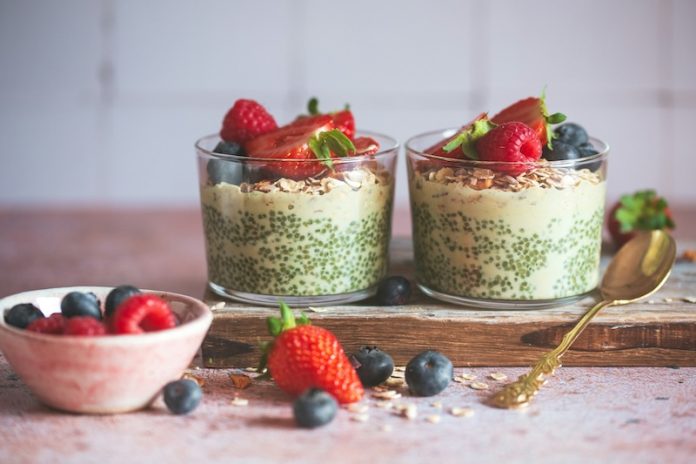
Irritable bowel syndrome, or IBS, is a common condition that affects the digestive system. It can cause uncomfortable symptoms like stomach pain, bloating, diarrhea, or constipation.
While the exact cause of IBS is still unclear, it’s believed to involve a mix of factors, including stress, diet, and an imbalance in the gut bacteria.
This is where probiotics come in. Probiotics are live microorganisms, often called “good bacteria,” that can help restore balance in the gut and improve digestive health. Research suggests that they may play a valuable role in managing IBS symptoms.
The human gut is home to trillions of bacteria, some of which are beneficial while others can be harmful. In people with IBS, this delicate balance of bacteria may be disrupted, leading to inflammation, excess gas, or changes in bowel movements.
Probiotics work by increasing the number of helpful bacteria in the gut, which can reduce inflammation, improve digestion, and make the gut more resilient to stress.
Scientific studies have shown promising results regarding probiotics and IBS. For example, a review published in the World Journal of Gastroenterology found that probiotics can significantly reduce common IBS symptoms, particularly bloating and abdominal pain.
Another study in the American Journal of Gastroenterology reported that people who took certain strains of probiotics experienced improvements in overall symptom severity compared to those taking a placebo.
Different probiotic strains may work for different IBS symptoms, so choosing the right one is key. For example, strains like Bifidobacterium infantis and Lactobacillus plantarum have been shown to reduce bloating and abdominal pain.
Meanwhile, Saccharomyces boulardii may help regulate bowel movements, making it useful for people with diarrhea-predominant IBS. It’s worth noting that the benefits of probiotics may take a few weeks to appear, so patience is important when starting them.
Probiotics are available in various forms, including capsules, powders, and even probiotic-rich foods like yogurt, kefir, and sauerkraut. While supplements are convenient, fermented foods can also be an easy way to add probiotics to your diet naturally.
If you’re trying probiotics for the first time, it’s a good idea to start with a small dose and gradually increase it to avoid any potential side effects like mild gas or bloating, which usually go away as your gut adjusts.
Although probiotics are generally safe for most people, not all probiotics are created equal, and results can vary from person to person.
It’s essential to choose products that contain specific strains supported by research and ensure they have enough live bacteria to be effective. Talking to your doctor or a dietitian can help you find a probiotic that’s right for your specific IBS symptoms.
Stress management is also a critical part of IBS management, as stress can worsen symptoms even when probiotics are helping. Combining probiotics with other healthy habits, such as eating a balanced diet, staying active, and practicing relaxation techniques, can lead to better results.
Probiotics are not a cure for IBS, but they can be an effective tool for managing symptoms and improving quality of life.
For many people, they offer a gentle, natural approach to finding relief. If you’re struggling with IBS, adding probiotics to your routine could be a step toward a happier, healthier gut.
For more information about gut health, please see recent studies about the crucial link between diet, gut health, and the immune system and results showing that Low-gluten, high-fiber diets boost gut health and weight loss.
For more information about gut health, please see recent studies about Navigating inflammatory bowel disease (IBD) with diet and results showing that Mycoprotein in diet may reduce risk of bowel cancer and improve gut health.
Copyright © 2024 Knowridge Science Report. All rights reserved.



